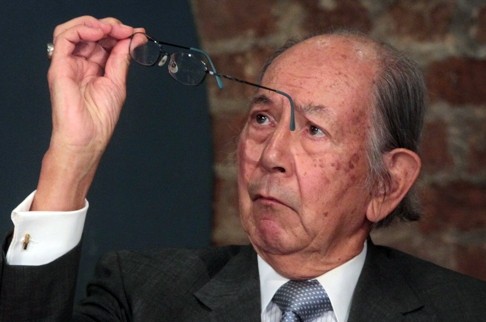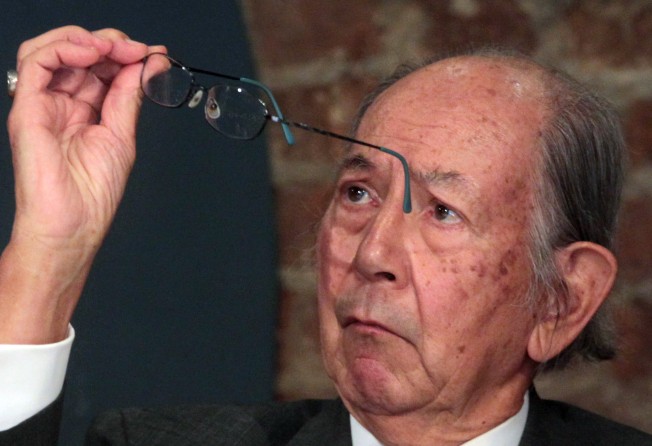
Hong Kong courts’ judicial review screening system is working well, despite a few high-profile abuses
John Chan cites statistics showing that misuse of judicial reviews may not be that widespread, although retired top judge Henry Litton’s recent remarks are a timely reminder to be on our guard


In a recent speech at the Foreign Correspondents’ Club, retired permanent judge of the Court of Final Appeal Henry Litton slammed the abuse of judicial reviews in Hong Kong by politicians and public policy advocates.
He specifically singled out the judicial review application of Yvonne Leung Lai-kwok, former head of the University of Hong Kong student union, in March, to challenge the government’s proposal for selecting the chief executive in 2017. Litton believes there were no reasonable grounds for the application and, indeed, Mr Justice Thomas Au Hing-cheung did dismiss the case.
Litton said the case was “simply grandstanding, inappropriate posturing and should be roundly condemned”. He added that the High Court had lost its compass in upholding the discipline of law, wasting time in writing lengthy judgments on such abuses.

Litton said that “judicial review is not available for challenges to government policy. That’s a fundamental rule in the separation of powers”, also citing two other cases of abuse to make his point. Here, Litton’s concern is the proliferation of political advocates’ use of a judicial review as a means, and the court as a forum, to debate and challenge government policy. The courtroom “is not a debating hall or a classroom”, he said.
The court has built-in mechanisms to screen judicial review applications through the granting of leave to proceed. The judiciary does not make public comprehensive figures on the number of judicial review cases granted leave compared with the total number of applications filed.
The cases cited by Litton ... may well be the very few high-profile cases in which politicians and advocates sought public attention by using judicial reviews as a means of propaganda
But figures in University of Hong Kong lecturer Benny Tai Yiu-ting’s course material for students show that in the five-year period before a Court of Final Appeal decision in 2007 that raised the threshold for leave from a potentially arguable case to a reasonable arguable case with realistic prospect of success, 85 per cent of the judicial review applications were granted leave to proceed to a full hearing.
After 2007, there was a significant fall in the number of applications granted leave vis-à-vis total applications. In an answer from the judicial administrator to a question raised by lawmaker Albert Ho Chun-yan this year, fragmentary figures show that for the five-year period from 2010 to 2014, on the whole, less than 50 per cent of judicial review applications were granted leave to proceed to a full hearing.
The judicial administrator’s figures do show a slight increase in the number of cases in recent years. Yet, there was a lower percentage of those granted leave to proceed in 2012, 2013 and 2014, when there were more applications, showing that more cases have been screened out.
The pre-2007 and post-2007 figures show three things. One, the chances of being granted leave fell significantly after the Court of Final Appeal ruling in 2007. Second, from the figures, it may well be that the extent of abuse is not as grave as one would have thought, notwithstanding Litton’s remarks. Third, the sharp drop in the percentage of leave granted vis-à-vis the number of applications after 2007 shows that the court’s scrutiny is working effectively.
The abuse cited by Litton, and other similar cases, may well be the very few high-profile cases in which politicians and public policy advocates sought public attention by using judicial reviews as a means for propaganda. By bringing a legally hopeless case to a courtroom crowded with reporters, fame-seeking politicians find a perfect venue to promote their political beliefs while disgruntled public policy advocates can use it to vent their discontent against public policies that do not meet their expectations.
Litton stepped down only recently from the panel of non-permanent judges of the Court of Final Appeal. The fact that he wasted no time in voicing in public his views on what he sees as an abuse of judicial reviews serves as a timely reminder to the courts and the public to vigilantly guard against misuse of the process.
John Chan is a practising solicitor and a founding member of the Democratic Party